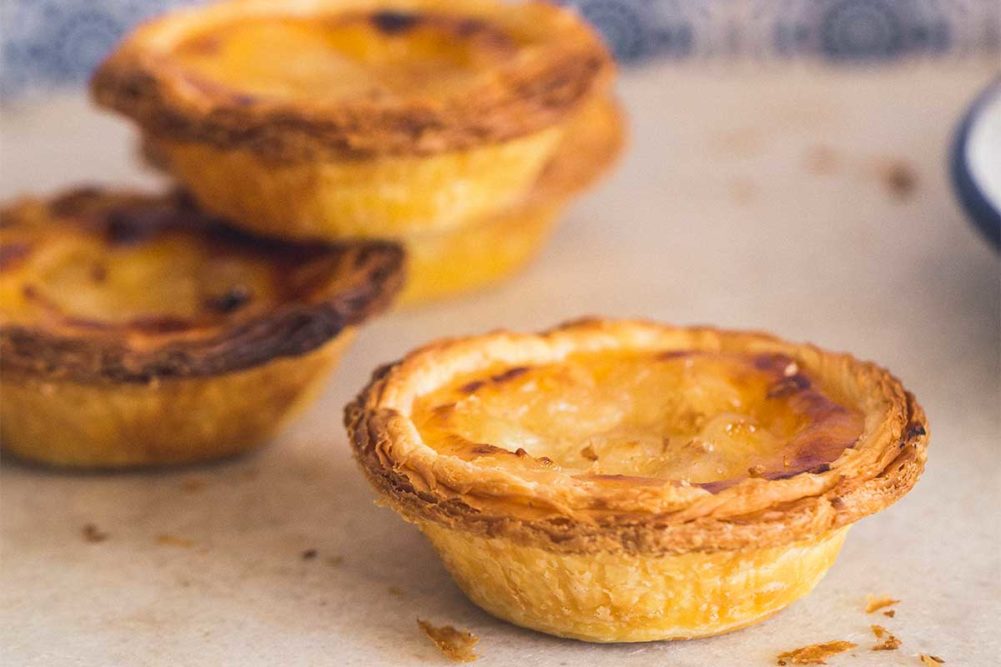Most of the top claims for clean label are more prevalent in North America than in other parts of the world, according to Innova’s “North America Sweet Baked Goods: Top Health Claims vs World (2019/YTD 2020).” Penetration of high-fructose corn syrup (HFCS) claims are eight times more likely to appear in North America while GMO-free claims are five times more likely, and gluten-free claims are two times more likely to show up. Protein-related health claims are five times more important in North America.
James Skinner Baking Co., Omaha, Neb., has been highlighting the growing consumer demand for clean label in more than one way.
“We’re currently looking at ways to clean up our labels without affecting the appearance and flavors that have led us to where we are today,” said David Skinner, marketing manager, James Skinner Baking. “Developing cleaner label products in the past was cost-prohibitive for our product lines, but as these ingredients become more widely used, we’re in a position to make a move. New products and lines moving forward in 2022 will use cleaner ingredients.”
Sustainability is coming to the forefront with a rise in plant-based claims as well as palm oil free as suppliers search for alternatives for an ingredient that a segment of consumers perceive as unsustainable. These consumers are wanting to see these statements for clean label transparency front-of-package.
“We’re also focusing on converting to sustainably sourced ingredients, in particular our palm oil and chocolate,” Mr. Skinner said. “Currently we use RSPO-certified sustainable palm oil as well as sustainable origin chocolate. While we have limited chocolate usage in our current line of products, in 2022 we will be launching a new line of bakery products that center around chocolate.”
Europastry has recently created the Responsible Wheat label, a sustainable wheat program that implements the reduction of the use of pesticides and water consumption, encourages crop rotation, respects farmer’ work conditions, protects biodiversity, uses certified seeds, improves quality standards and increases local provisioning.
Bakers do not always need to alter their ingredients or recraft their recipes to appease consumers’ demand for cleaner labels. Packaging is another place bakers can find an opportunity to make their products more sustainable and therefore more attractive to consumers.
“We’ve made a lot of progress from a sustainability standpoint,” Mr. Skinner said. “All of the plastics that house our products are made from 100% recycled post-consumer PET. In addition, we’ve converted all of our paperboard trays to aluminum for maximum recyclability. If properly recycled by the consumer, the only piece of our packaging going to a landfill is the small label.”
Flowers Foods set a goal that all cake products would be made with 100% RSPO-certified palm oil by 2025, but in addition, the company prioritizes energy efficiency and waste reduction in its sustainability programs. Flowers also intends to achieve RSPO Supply Chain Certification for all its cake bakeries.
“First and foremost, it is all about paying attention to what’s happening in people’s lives and the world around them,” said Penny Patterson-Smith, senior vice president, snacking, Flowers Foods. “When we do that, we’re able to capture insights that lead to ideas and then translate those ideas into products that are meaningful, relevant and fit into our consumers’ lives.”
This article is an excerpt from the June 2021 issue of Baking & Snack. To read the entire feature on Sweet Goods & Pastry, click here.






